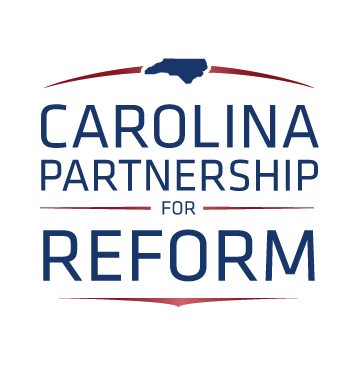Why Prior Authorization Mandates Increase Health Care Costs
This session, yet another bill looms that would swell North Carolina’s already stratospheric health costs. HB 649, which House lawmakers passed unanimously last year, is back for consideration, with its mandates around utilization review and prior authorization. Health plans use these processes to determine whether certain procedures and medications are medically necessary and appropriate. Doing so helps protect quality of care, reduce medical waste (estimated nationwide at over $760 billion annually), and decrease health costs.
HB 649’s mandates threaten those outcomes. Under bill provisions:
Only licensed North Carolina doctors could elect not to certify services. This constrains insurers from leveraging the most appropriate experts for review. “In a dynamic health care environment where new technologies and telehealth are increasingly utilized, this bill creates a misguided mandate to limit available medical tools and expertise,” America’s Health Insurance Plans (AHIP) wrote in a letter opposing the bill.
Some doctors would be exempt from prior authorization, through a practice known as “gold carding”—but in a way that removes safeguards. Providers with an 80% authorization approval rate for certain services over the previous 12 months would no longer need prior authorization for those services. Moreover, insurers would be permitted to reevaluate providers just once yearly—and only North Carolina providers could revoke or deny gold card status. Texas lawmakers passed gold card legislation several years ago, but with a 90% provider approval rate. In other states with gold card laws, the approval rate is generally 90% as well.
HB 649’s low bar is raising concerns. “Patients deserve better than doctors who get their care wrong 20% of the time … We can’t in good conscience support proposals that would give such a free pass on patient safety, efficacy, and value,” said an AHIP spokesperson.
Medical stories lamenting prior authorization abound, but in reality, industry experts say it’s used to evaluate around 15% of services—and to approve treatments like genetic testing, elective surgeries, or specialty drugs.
What’s next on HB 649?
The bill is a top priority for the North Carolina Medical Society, which is holding a “White Coat Day” at the General Assembly on June 12. But opposition is also strong. Recently, the NC Chamber wrote about HB 649, “Any reduction in the ability of health plans to appropriately manage utilization will have a significant upward impact on health care costs for consumers and employers.”
We believe that, too. Besides, the industry is already making improvements. In 2018, insurer and provider representatives signed a consensus statement, agreeing to move towards applying prior authorization “selectively” based on provider performance, utilizing automation, and more.
Beginning late last year, UnitedHealthcare said it would eliminate prior authorization for almost 20% of “common procedures or prescriptions.” Cigna and Aetna also reduced prior authorization requirements.
And a 2022 AHIP survey of 26 health plans revealed 96% were “streamlining” prior authorization for medications, while 92% were doing so for medical services. Nearly 6 in 10, or 58%, said they “selectively waive or reduce” prior authorization for top providers for medical services, up from 32% in 2019.
What isn’t optimizing coverage? State mandates: 76% of health plans reported negative impacts from state regulation.
Source: America’s Health Insurance Plans, “2022 Industry Survey on Prior Authorization & Gold Carding.”
That doesn’t surprise us. We’ve said it before, but it bears repeating: Mandates are a hidden tax in health care, fueling higher costs and harming consumers and businesses. HB 649 clearly fits that bill, and lawmakers should reject it.


